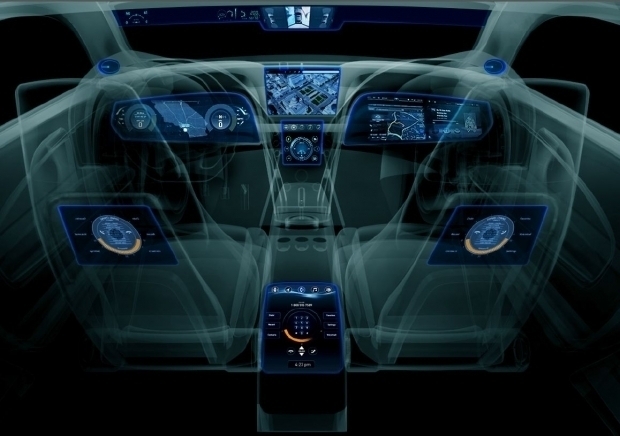The system will rely heavily on 5G and 5G antennae for it to work so right now this is a “proof of concept” demonstration.
Basically, the system includes what Huawei calls a “t-box” containing a Huawei system on a chip. Qualcomm has an alternative system and while China will adopt Huawei's answer as standard, with every new car incorporating a device supporting it, the European Union hasn't yet made up its mind or perhaps even started to think about adopting this system across the 28 nations.
One of the hurdles such a system faces in Europe is whether vehicles could be linked to intelligent cameras, logging the face and registration number of a vehicle. It's also unclear whether traffic cops could be alerted to speeding or other traffic violations.
The system will detect if a vehicle is too close to another vehicle, or to pedestrians and automatically detects whether traffic lights are green or red, and warns the driver about the state of the roads.
It also monitors the vehicle's speed, warning her or him whether she or he should slow down.
The Huawei techie who showed off the system told Fudzilla that vehicles will become “intelligent terminals”. All new cars in the PRC will use the “t-box”, which does, however, need to be miniaturised to take its place in the hierarchy of electronics in current cars.
The traffic geek said that “seamless coverage” on highways but possible not byways will depend on 5G antennae covering the autobahn/motorway. And, while Audi has faith in Huawei's system, it's unclear yet whether other auto makers will plump for the system, due to the competitive nature of the car industry. Systems will be widely available within two years.
A Huawei representative could not say what the UK would do in case of a no-deal BREXIT.

